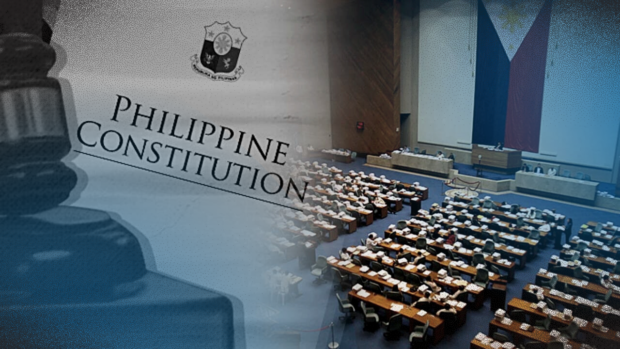MANILA, Philippines — The League of Cities of the Philippines (LCP) has added its voice to calls for amending the Constitution, although some lawmakers have questioned the actual support for that move.
Bacolod City Mayor Alfredo Abelardo Benitez, LCP chair, said the group’s national executive board has already passed a resolution expressing support for constitutional amendments, which “will bring the necessary growth and development needed by our economy,” the resolution said.
Albay Rep. Joey Salceda also agrees it is now the time to push for amendments, particularly ahead of the next presidential election in 2028.
“It is better to initiate Charter change long before the 2028 presidential elections, so that the public can rest assured that this is no attempt to extend the President’s term. The time to do it is now, when there is also enough time to do it before the 2025 midterm elections,” he said in a statement.
Noting the Senate’s traditional resistance to Charter change, Salceda said “it should be more encouraging to senators to heed the electorate’s call via people’s initiative” he said, referring to Section 2 of Article XVII of the Constitution on people’s initiative which allows amendments through “a petition of at least 12 per centum of the total number of registered voters.”
Under the Constitution, amendments may also be proposed by a constitutional convention of elected delegates and by Congress convening itself as a constituent assembly upon a vote of three-fourths of all its members.
1971 Con-con
The push to amend the Constitution has been gaining traction in the House of Representatives.
But President Marcos has repeatedly said that Charter change is not a priority in his administration.
Charter change as a political agenda has persisted for more than half a century, dating back to the time of Mr. Marcos’ father and namesake, when a constitutional convention (Con-con) was organized in 1971.
Con-con, as it was also called, sought to revise or change altogether the 1935 Constitution, the country’s basic law throughout the quarter-century of the postwar Third Republic.
Amid the political turbulence that led to the older Marcos declaring martial law in 1972, Con-con drafted what became the basic law under the martial law regime, the 1973 Constitution. It was replaced, after the fall of that regime in 1986, by the present Charter.
The Senate, then as now, has opposed constitutional amendments, while Salceda acknowledges that revising the Charter, “particularly on the economic front, has long been the consensus in the House.”
But ACT Teachers Rep. France Castro questioned the support for Charter change.
“If it is true that the people’s initiative petition being circulated actually came from Congress, then it did not genuinely come from the people as a people’s initiative,” she said, referring to Albay Rep. Edcel Lagman’s allegation that the petition for people’s initiative was actually launched in the House.
